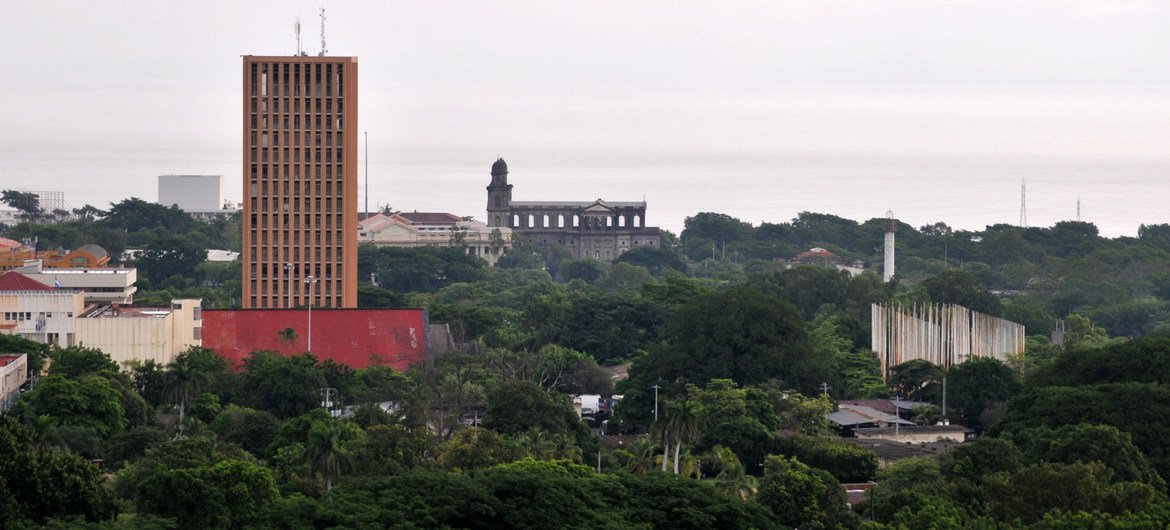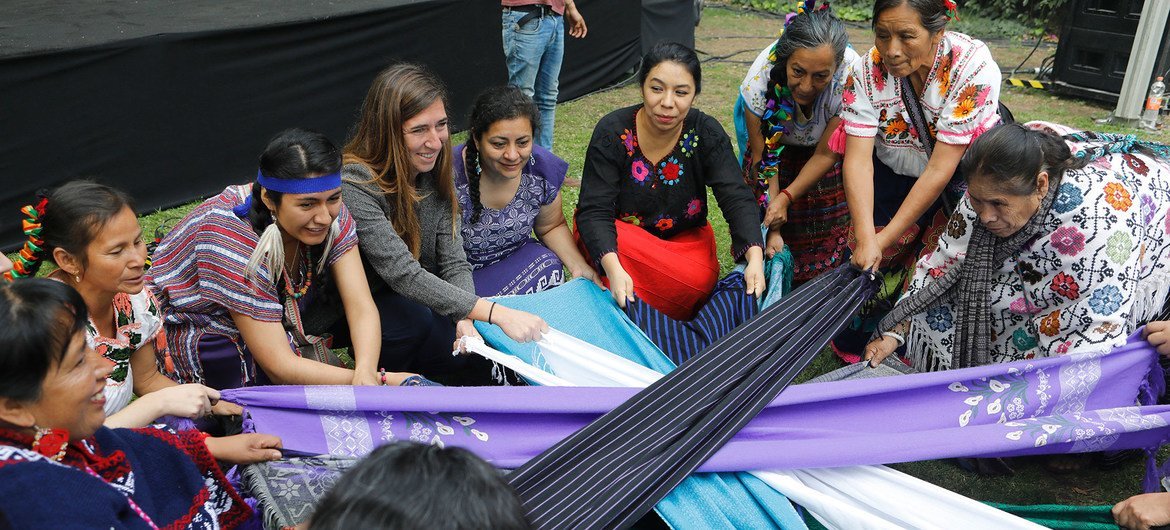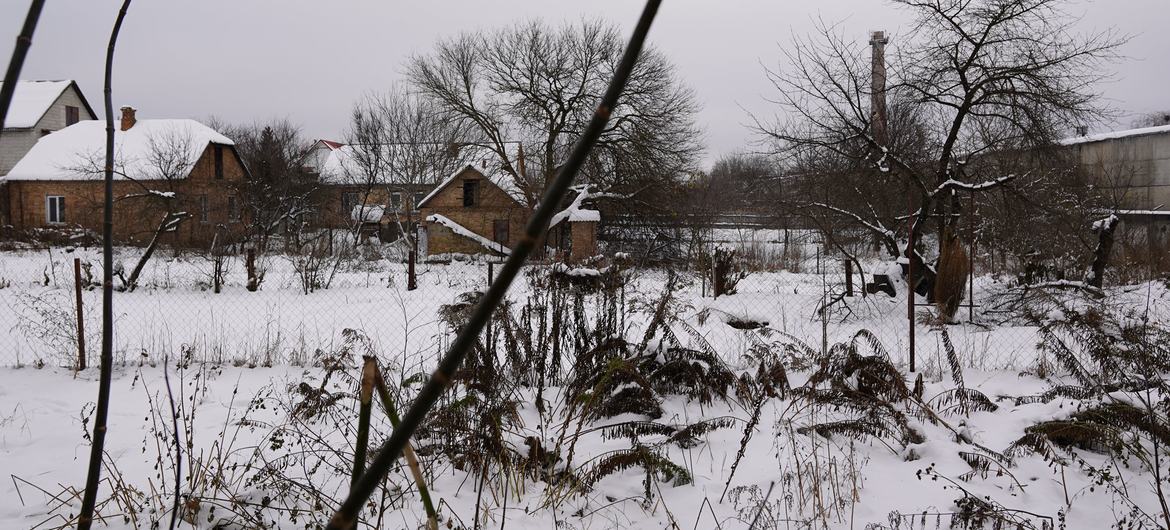Noting that fossil fuels are responsible for most of the harmful emissions that are linked to acute and chronic sickness, the World Health Organization (WHO) called for tangible steps to curb their use.
Shocking!
99% - or almost the entire world's population breathes air with unhealthy levels of fine particulate matter & nitrogen dioxide, and threatens their health.
More: https://t.co/Llaj2wHk0V #HealthierTomorrow pic.twitter.com/QlHUP4iyS4
— World Health Organization (WHO) (@WHO) April 4, 2022
The UN agency also urged more governments to take note that it has made significant revisions to its air quality indicators, including for particulate matter - known as PM2.5 - that can enter the bloodstream, along with nitrogen dioxide (NO2), another common urban pollutant and precursor of particulate matter and ozone.
“It has been recognised that air pollution has an impact at a much lower level than previously thought,” said Dr. Sophie Gumy, Technical Officer at WHO’s Department of Environment, Climate Change and Health.
“So, with all the new evidence that has come up over the last 15 years since the last WHO air quality guideline update, most of the values of the guidelines levels have been reduced. So (for) particulate matter it has been reduced by two, and for nitrogen dioxide it has been reduced by four.”
According to the WHO, low and middle-income countries still experience greater exposure to unhealthy levels of particulate matter compared to the global average, but nitrogen dioxide patterns “are different, showing less difference between high and low and middle-income countries”.
The agency’s data indicates that 4.2 million people die from exposure to outdoor air pollution, in addition to the 3.8 million whose deaths are linked to household smoke produced by dirty stoves and fuels.
And based on WHO’s mathematical modelling of available air pollution data from 80 per cent of the world’s urban areas, it indicates that almost every one of us faces an increased risk of heart disease, stroke, lung disease, cancer and pneumonia.
As depressing and as dangerous as this situation is, the UN health agency insists that momentum has been growing for better air quality everywhere in the last decade.
Proof of this is the fact that more than 6,000 cities in 117 countries now monitor air quality, compared to 1,100 cities in 91 countries a decade ago.










